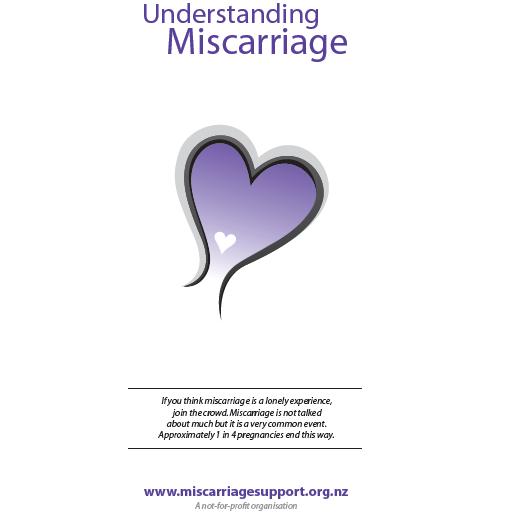Miscarriage is a pregnancy that ends on its own before 20 weeks gestation. It is fairly common, affecting around 1 or 2 in every 10 pregnancies. Most miscarriages (more than 95%) occur in the first 12 to 14 weeks of pregnancy (the first trimester).
Often the cause of the miscarriage is not known.

Image credit: Corporate+
The following medical terms are used to describe the different types of miscarriage:
- Complete miscarriage – this is when all the pregnancy tissue in your womb is cleared by your body naturally. Vaginal bleeding will continue for a while, similar to having a period. Because your body has completely cleared all the pregnancy tissue you do not need any treatment.
- Incomplete miscarriage – this is when some of the pregnancy tissue remains in your womb. You may experience pain and bleeding.
- Missed miscarriage – sometimes a pregnancy ends with little or no sign that anything is wrong. An ultrasound scan shows that the pregnancy tissue remains in your womb, but the pregnancy does not progress.









